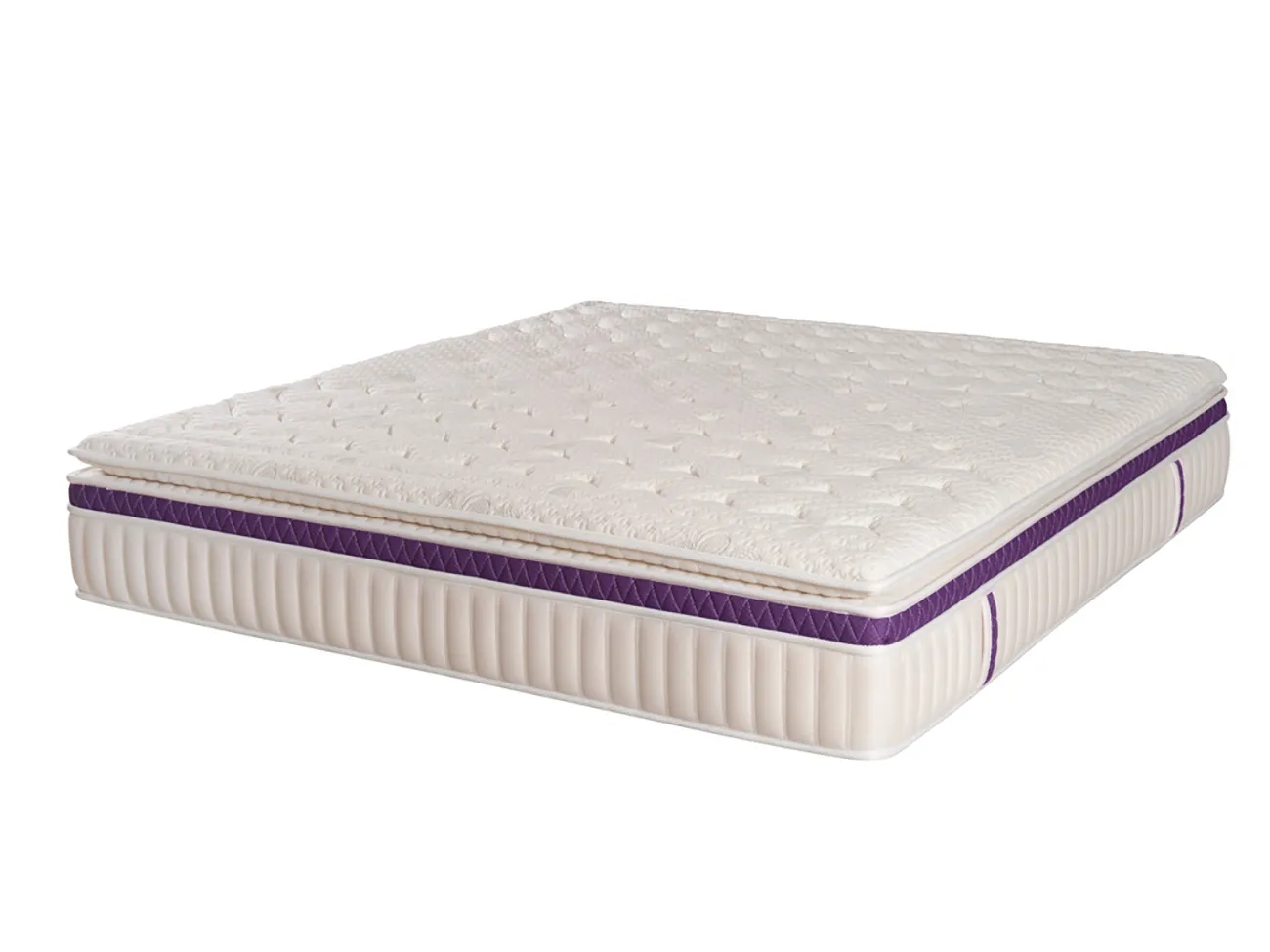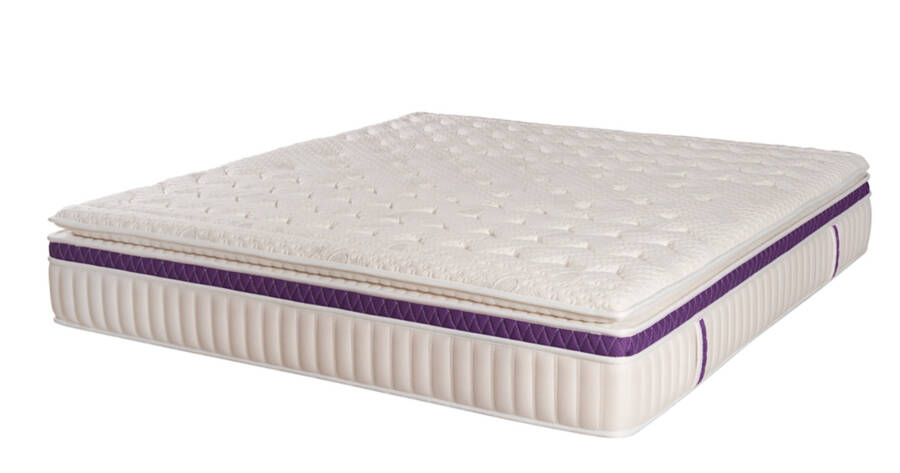Selecting the perfect mattress is tricky; you can’t try a mattress before buying. But you can learn how to choose the best mattress without sleeping on it. Here’s what you need to know:
Like your favorite pair of jeans or your comfy recliner, a bed mattress can wear out and must be replaced. A good time to know when you need to replace your mattress is when you can’t get a good night’s rest or you wake up feeling achy due to your mattress not properly supporting your body.
Your bed mattress is a long-term investment, considering you will usually keep it for at least seven to ten years, so it is important to make the right decision. Picking the perfect mattress for your body is vital for your health and getting a good night’s rest.
With so many brands and mattress types on the market, how do you know which mattress is right for your body?
Mattress Sizes
You first want to decide what size mattress you will need. Mattresses come in five sizes and choosing one will depend on how much space you will need.
The largest mattress is the king size mattress which is approximately 76 X 80 inches long. The California king is a little longer than a king size mattress at approximately 72 X 84 inches long. The king and California king mattresses are for couples or people who wish to have the maximum amount of space possible in a bed.
Next, the queen size mattress is approximately 60 X 80 inches, a full or double mattress is about 53 X 75 inches long, and a twin size mattress is 38 X 75 inches long.
Larger people of size may opt for a larger size bed. Couples or singles may opt for a queen size mattress, while single sleepers such as younger children or teenagers may opt for a full or twin size mattress.
Mattress Types
Innerspring
- $750-$2,900
- Recommended for people who prefer sleeping on their sides and sleepers who have no issues with back pain
- Pros: affordable, easy to change positions because they offer more bounce
- Cons: You can easily feel your partner’s every move
Memory Foam
- $650-$2,700
- The most popular and best-selling mattress
- Recommended for people who sleep on their backs and suffer from different ailments such as arthritis, chronic back pain, and joint pain.
- Memory foam mattress improves sleep
- Pros: conforms to the body, extremely comfortable, does not hold body heat
- Cons: hard to move around, have a chemical smell in which it has to be aired out within the first 24 to 48 hours before use
Latex Foam Mattress
- $550-$3000
- Recommended for both side and back sleepers
- Much springier than memory foam
- Pros: do not hold much heat, eco-friendly
- Cons: very expensive
Adjustable Air Mattress
- $700-$3000
- Recommended for both side and back sleepers
- Come with foam or gel tops for maximum comfort
- Pros: adjustable controls to control the firmness of mattress, flexible, durable
- Cons: very expensive
Natural or Organic Mattress
- $600-$20,000+
- Recommended for both side and back sleepers
- Pros: no chemical smells, environment friendly
- Cons: very expensive, some may not be 100% organic so it is best to check for authenticity
Comfort Level
You can choose your bed mattress by comfort level. You can choose a plush, firm, contoured, personalized or pillow top mattress.
- A firm mattress is harder on surface than other mattresses and feel firm rather than soft.
- A plush mattress is softer than a firm mattress but softer than a pillow top mattress. They are still considered to be soft and comfortable.
- A pillow top mattress provide a superb level of comfort and supports every move of your body.
- A contoured mattress conforms to your body type and is soft where you need it and firm where you need it.
- Personalized mattresses are created for unique body types.
Body Types
After learning about mattress features such as size, type, and comfort, these features can be used when selecting a mattress for your unique body type. When you lie down, your body weight is distributed on the mattress and you can either feel comfort or pain in pressure points. In addition, your spine aligns according to the way your weight is distributed on the mattress’ surface.
When choosing a mattress for your body type, choose one that is comfortable and suitable for you. If you are a heavy person, choose a firm mattress which can help support the heavier parts of your body and keep it from sagging too deeply into the mattress. Heavier people who sleep alone should choose a full, queen, or king size bed. Also, a firmer mattress will help support your spine and keep it in alignment.
If you are a lighter weight person, you can choose softer mattresses whereas average weight people will have to choose mattresses with average softness and thickness such as a plush or pillow top mattress. If you are a lightweight person who sleeps alone, you can choose a full or queen size bed. You can select a twin mattress for children and teenagers who are single sleepers.
Choosing a mattress isn’t an easy task, especially if you have no idea on how to choose the right mattress that is suitable to fit your needs. When going shopping for a mattress, ask the store clerk for assistance and ask any questions you may have. It is perfectly okay to sit, bounce on, and lie on the mattress to test it out.
It is recommended that you test the mattress for at least 15 minutes. During this time, if you feel pain at your heaviest areas such as in your shoulders, upper arms, and waist area, the mattress is too firm for you, so you may want to choose a pillow top mattress. If you feel aches, numbness, or tingling sensations, the mattress is likely to soft for you and a memory foam mattress would not be a good choice.
 Shutterstock.com
Shutterstock.com


